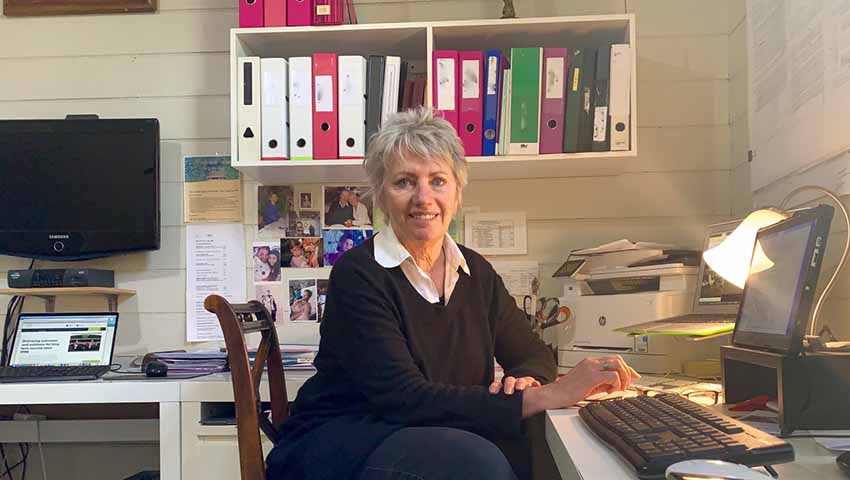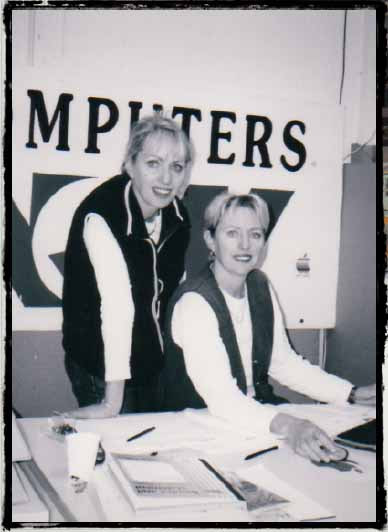THE news bulletin sent shockwaves through my body. Our nation was waking up on the edge of a global financial collapse to rival that of the 1920s. We were facing an economic shutdown that included the cessation of international travel and the resulting decimation of the tertiary education sector. I’d never felt such a wave of panic before.
Could my business, which is heavily invested in the supply of IT goods and services to enterprise and tertiary sectors in all states of Australia, survive this shutdown?
The sense of responsibility for my 250-plus full time staff and their families was almost overwhelming. COVID-19 had certainly thrown us a curveball. How would my life change if my business collapsed?
| There was no time for paralysis, we needed prompt, effective action – we needed to activate our risk management strategy, right then, to protect our employees and mitigate the fallout for the business from the shutdown. Our management team immediately started to transform the entire workforce to operate from their own homes. We completed that within three days. As that was happening, we developed strategies to supply much needed IT goods and services to industries doing exactly the same thing as us – redeploying staff to function efficiently from home. New business opportunities opened up as staff developed creative and innovative ways to diminish the possible isolation. We are one of the fortunate ones, the business hardly missed a beat thanks to that great team effort. However, self-isolation has challenged us all – from home schooling, to working remotely from home and the widespread introduction of virtual meetings. On the positive side we’ve witnessed new ways to connect with family and friends, we have increased our outdoor activity, and we’ve seen resilience along with a rejuvenated sense of community and social connectedness, as we are brought together to combat a shared enemy. Recently we have heard suggestions from the New Zealand Government, that a four-day week may be a solution in the recovery phase of COVID-19. This idea is seemingly gaining traction from some UK MPs. With the loss of international tourism this does raise the question of whether the extra day of leisure would provide an increase in domestic tourism. This could lead to an increased consumer spend, thus injecting extra stimulus into our economy which is certainly going to be needed. | From small beginnings In 1993, after almost 20 years working in the film distribution industry, Pamela Rothfield and her twin sister Judy Lawrence took over a small computer store selling Apple computers. After a rocky start, including a major robbery in their first week, the business expanded steadily, with Judy’s daughter Renai joining them in 2001. A few years ago, they wound down their retail division and ramped up our specialist area of procurement and technical services to government, enterprise and education. It proved a very secure business model and today CompNow has 270 full time employees. These days Pamela and Judy have retired from managing the business though they continue to serve on the board. “We recently beat Telstra in a tender for a sizable VICPOL tender – which was a bit of coup!” Pamela adds proudly. |
Will we have a better work-life balance at the end of COVID-19?
Many have found their norms and values challenged. The lessons learned through the adversity we have shared could give us a renewed appreciation of important aspects of life that we have been taken for granted up until now.
Perhaps we will also gain a greater sense of community and willingness to support those in need without judgement, because who knows what tomorrow brings and when we, ourselves, may be that person in need.
Perhaps we shall gain that extra day in which to enjoy the delights of our world, our friends and our family. This is certainly something I am keen to progress with my wonderful staff.
Am I as confident in the future as I once was? We have seen the uptake of technology in healthcare, education and the workplace in general, at a pace never before witnessed. This fast-tracked digital adoption and transformation has given me a renewed level of confidence in our future. I believe that my business is agile and innovative enough to outlast COVID-19 as I hope many others will also be.
Pamela Rothfield is a former mayor of Bass Coast and current councillor.

